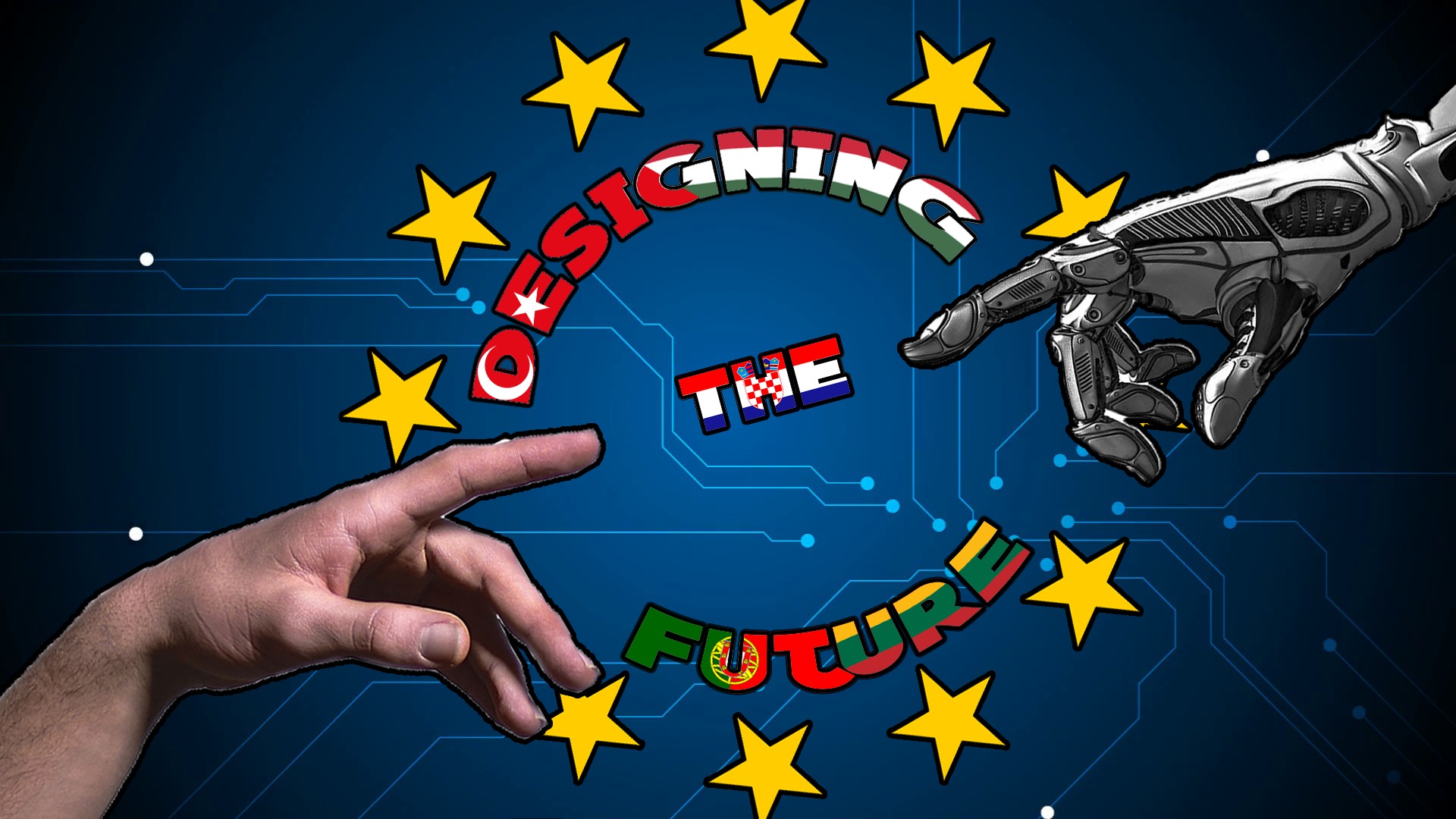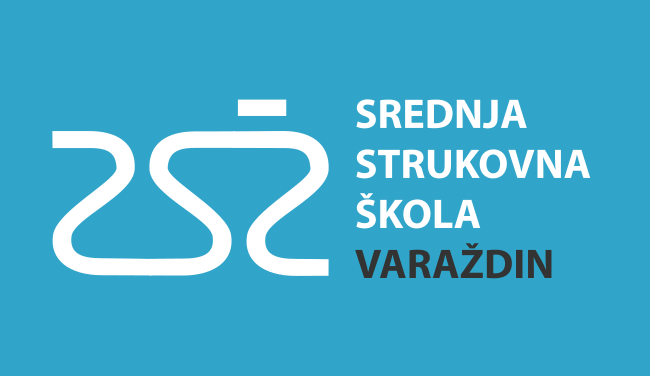


ABOUT THE PROJECT
The project, called Designing the Future, brings together a total of 6 partner schools from Turkey, Portugal, Hungary, Lithuania and Croatia, totaling € 166,635. The project will last 24 months and the project activities will be implemented through 6 student and teacher mobility. The main objective of the project is to promote digital literacy of students and teachers. Students and teachers will become familiar with coding and 3D printing and gain knowledge and skills in the areas that enable the use of technology in a creative and productive way.
The project assumes that traditional teaching and learning methods are inappropriate for new generations of students, and that modern teaching and learning must take place in an environment where skills of using modern digital technologies and tools, both students and teachers, come first. Accordingly, in the scientific and technological age, the emphasis should be on developing students ‘and teachers’ digital literacy and designing new teaching methods. One of the main goals of the European Union by 2020 in the field of education is digital literacy. The idea is that teachers need to become aware of the importance of teaching through the use of digital tools so that they can keep up with technological advances and offer students lessons that will excite and retain their interest. Students should, however, work to use the technology at their disposal in the most productive way possible for the purpose of learning, not just for fun or for leisure. That is why the main goal of the project is to bring to the attention of all participants the concepts of coding and 3D printing, whose proper implementation will refresh and refine the teaching process. Encoding and 3D printing provide participants with unprecedented opportunities to use programs and applications that will enhance their ability to think critically, analytically, and creatively and solve problems in learning and teaching processes.
Another important goal of the project is to provide teachers and students with the opportunity to acquire and strengthen cultural, civic and linguistic competences through collaboration with colleagues and peers who live and work in a variety of socio-economic, cultural and educational backgrounds.
Over the two years of the project activity, it will cover 75 teachers and 60 students in all partner schools.
The course of activities and outcomes of the project (e-book, educational games (with coding), etc.) will be regularly documented by each partner school on the project website, eTwinning portal, social networks, as well as in the media.
